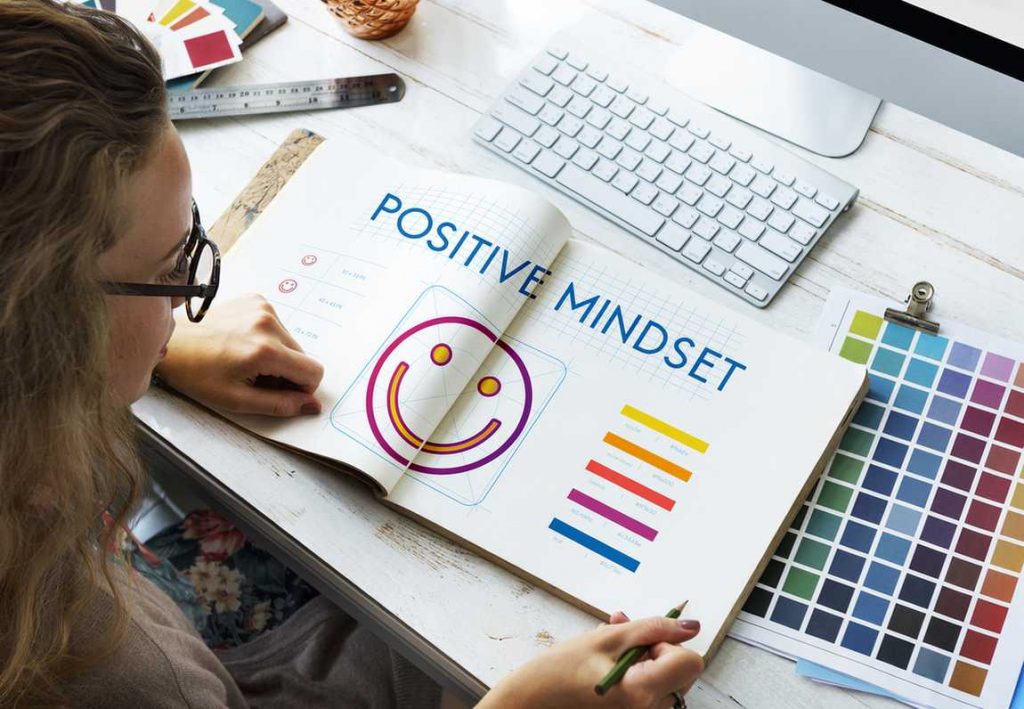
The ability to read and understand your own emotions, as well as the emotions of others, is crucial in all aspects of life. Good emotional intelligence can help you in your personal relationships, your career, and your overall wellbeing.
Unfortunately, emotional intelligence is not something that we are born with – it is a skill that must be learned. And like any skill, it can be improved with practice.
If you are looking for ways to improve your emotional intelligence, you’ve come to the right place. In this article, we will give you 9 tips for dramatically improving your emotional intelligence.
Therefore, developing your emotional intelligence (EQ) should be one of your top priorities if you want to develop a deeper connection with your friends, colleagues, or loved ones. But what exactly is EQ and how does it work? Simply put, EQ is the ability to recognize and regulate your emotions while empathizing with others and being aware of their reactions. Second, EQ allows you to manage relationships more effectively, even when conflict arises. The good news is that EQ can be developed with practice. With these 9 tips, you can improve your emotional intelligence and strengthen your relationships in the process.
1. Understand Yourself: One of the most important steps in improving your emotional intelligence is to understand yourself. Begin by first understanding and acknowledging your emotions. Take the time to really think about what you are feeling and why. Acknowledge any negative emotions that you are feeling, and accept them rather than trying to push them away. Then try to identify any common triggers or patterns that may be causing your emotions. Once you have a better understanding of your emotional makeup, you can start to work on improving it.
2. Be Aware of Your Triggers: Knowing your triggers is key to managing your emotions. Identify any people, places, or situations that may cause strong emotional reactions, and then figure out how to cope with them. Talk to those close to you and discuss the triggers that they may have noticed. By working together, you can come up with solutions to manage and reduce your emotional triggers.
3. Be Aware of the Impact of Your Emotions on Others: Your emotions can have a huge impact on those around you. Being aware of these impacts can help you manage your emotions more effectively. Try to think about how your emotions may be affecting your friends and family. Reflect on how you would like to be treated when you are emotional and strive to treat others the same way.
4. Manage Your Emotional Reactions: Once you are aware of your emotional reactions, you can start to work on managing them more effectively. Remind yourself that you can choose your reactions, and that it is okay to remove yourself from a situation or take a break if you are feeling overwhelmed. Meditation and mindfulness can be useful tools for managing your emotions in the moment.
5. Develop Empathy: Empathy is key to understanding the emotions of others and communicating effectively. Try to put yourself in the shoes of the person you are interacting with, and to really understand their perspective. Practicing mindful listening can help you build your empathy skills and ensure that you are really listening to their feelings and needs. 6. Communicate Effectively: Being able to communicate effectively is one of the most important parts of building and maintaining relationships. Take the time to really listen to what someone is saying, without reacting defensively or getting carried away by your own emotions. This can help you to understand how the other person feels and how you can best respond to their needs.
7. Seek Feedback: Asking for feedback from those close to you can be a great way to build your emotional intelligence. Ask your friends and family for honest feedback on how your emotions affect them, and how you can improve in this area. You may be surprised to see how differently others perceive you and your emotions, which can be eye-opening and help you to change and grow.
8. Building Trust: Trust is an essential part of any relationship. To build trust with those around you, it is important to be open and honest about your emotions. Showing vulnerability can be uncomfortable, but it can be incredibly helpful in fostering deeper connections and understanding.
9. Conflict Management: Conflict is unavoidable, but it is possible to manage it in a constructive way. Conflict management is all about understanding the needs and emotions of everyone involved, and finding a way to reach a resolution that works for everyone. Take the time to really listen and understand the perspectives of both sides. This can help you to find an appropriate solution that works for everyone.
Conclusion:
Improving your emotional intelligence takes practice and dedication. Remember that progress may not always be linear, but that with patience and persistence, you can make great strides in building your emotional intelligence. With the 9 tips outlined in this article, you can take control of your emotions and create healthy and meaningful relationships.
If you are looking for ” online counselor“ contact TalktoAngel, a platform that connects the best online therapists with psychiatrist near me.